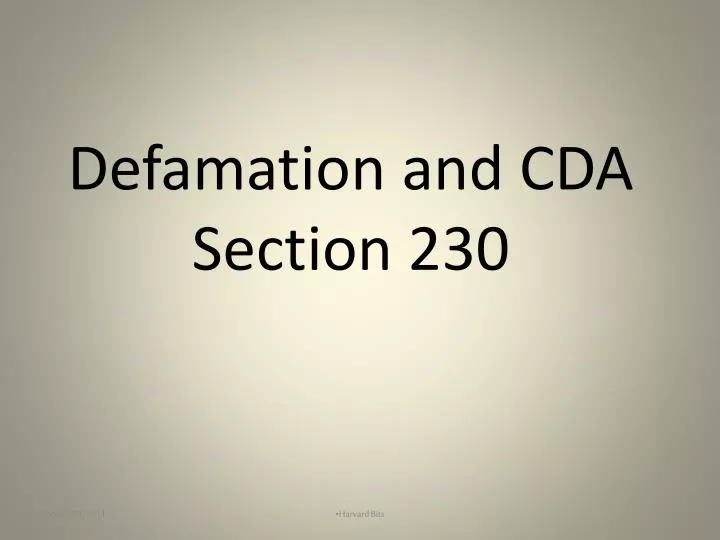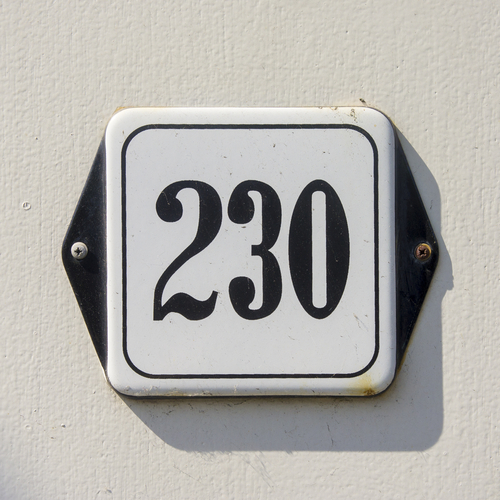Section 230 Libel

As libel cases kept coming to.
Section 230 libel. Section 230 currently gives social media companies an exemption from laws regarding libel and defamation as they are considered hosts of others users rather than advocates themselves of any political leanings. Section 230 is a piece of internet legislation in the united states passed into law as part of the communications decency act cda of 1996 a common name for title v of the telecommunications act of 1996 formally codified as section 230 of the communications act of 1934 at 47 u s c. Section 230 of the 1996 communications decency act. Consequently congress enacted section 230 which was intended to provide service providers with an incentive to self police the content of their websites.
Bernie sanders has said he would reexamine section 230 if he is elected president and trump has previously signaled at. Section 230 probably can t be easily dismantled. But if it was the internet as we know it might cease to exist. If a news site falsely calls you a swindler you can sue the publisher for libel.
Section 230 reform may continue to play a role in the 2020 campaign. But in 1994 the firm called the accusations libel and wanted to sue. Unfortunately many websites soon began to take advantage of the blanket immunity granted by the act and created business models that take a notorious hands off approach to the republication of false and defamatory content. Section 230 generally provides immunity for website publishers from third party content.
In the decade and a half since section 230 of the communications decency act cda was signed into law it has been challenged and upheld on numerous occasions. Trump realdonaldtrump october 6 2020. But if someone posts that on facebook. A key legal shield for facebook.
Section 230 took the spotlight again last week when twitter limited sharing on a new york post story that suggested biden used his position to benefit his son. If a news site falsely calls you a swindler you can sue the publisher for libel. But if someone posts that on facebook you can t sue the company just the person who posted it. But because it was the internet the posts were anonymous.







/cloudfront-us-east-1.images.arcpublishing.com/dmn/DYEEGX5TUBZKFBDRL6MWOKIC4U.jpg)










